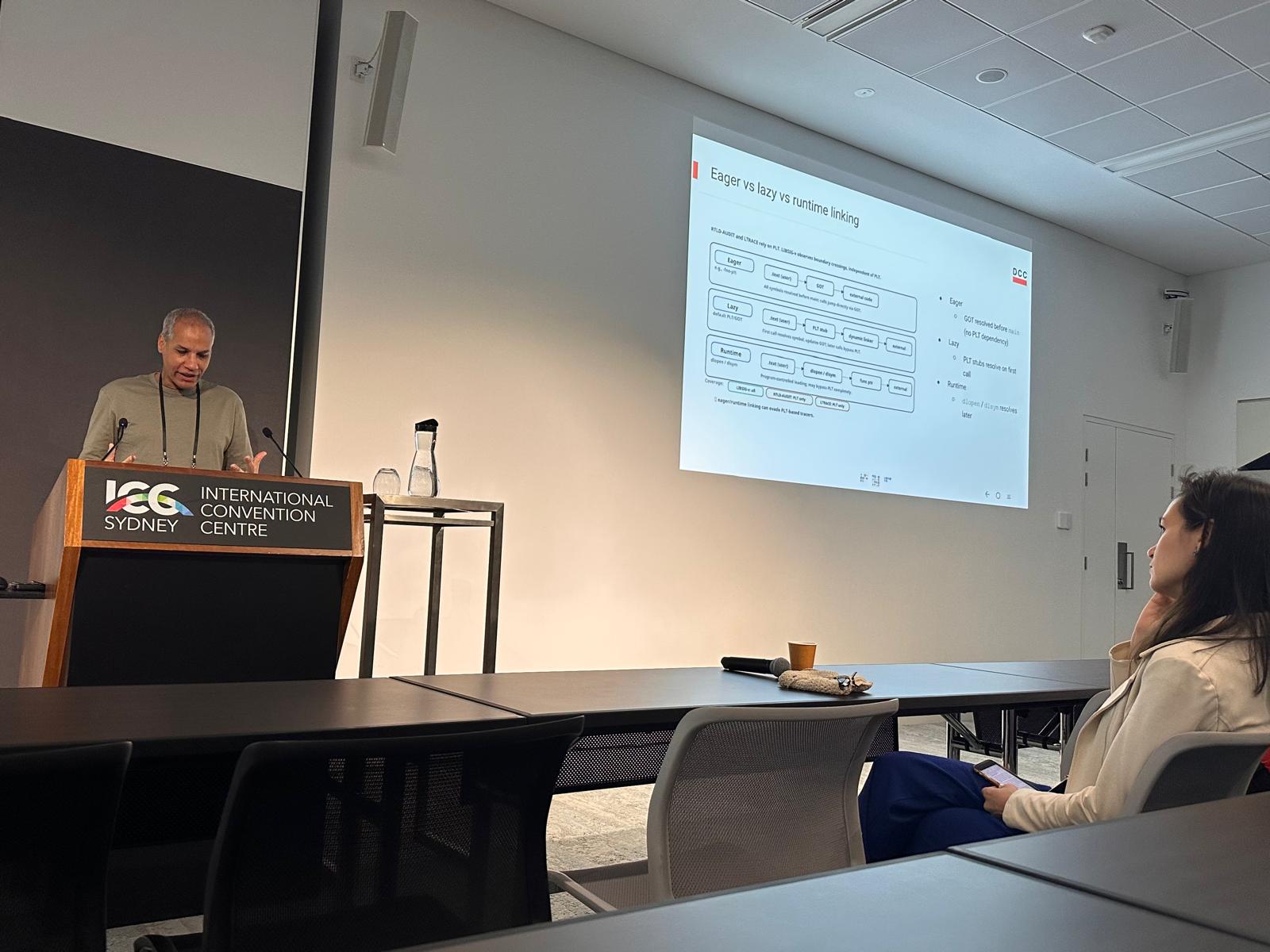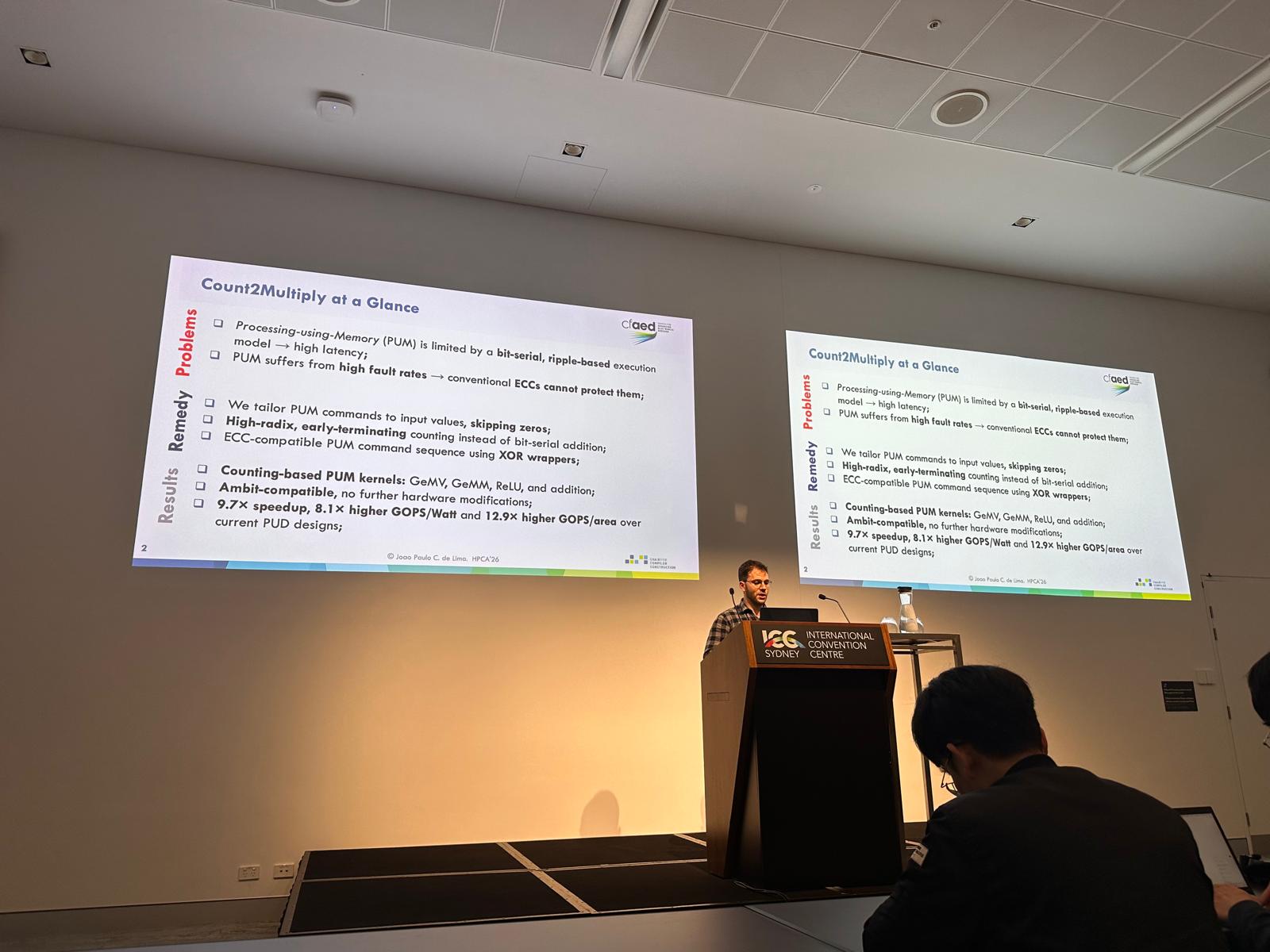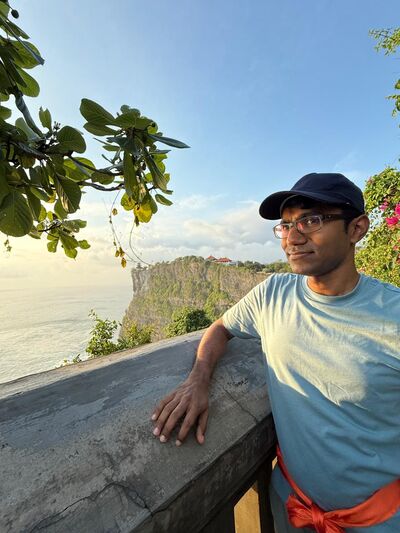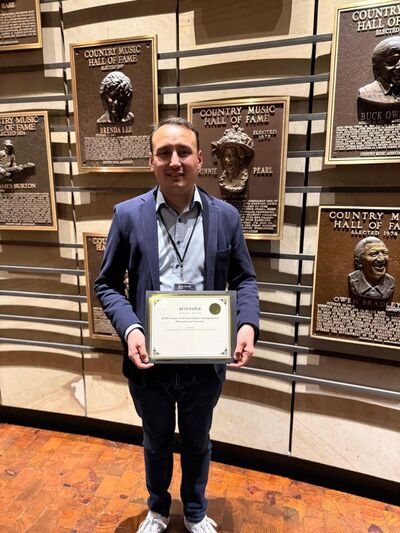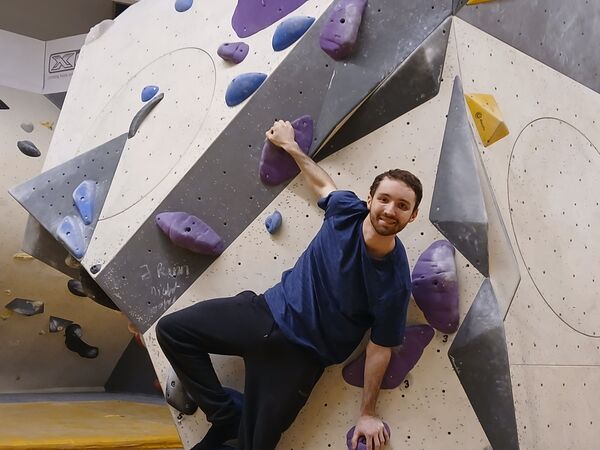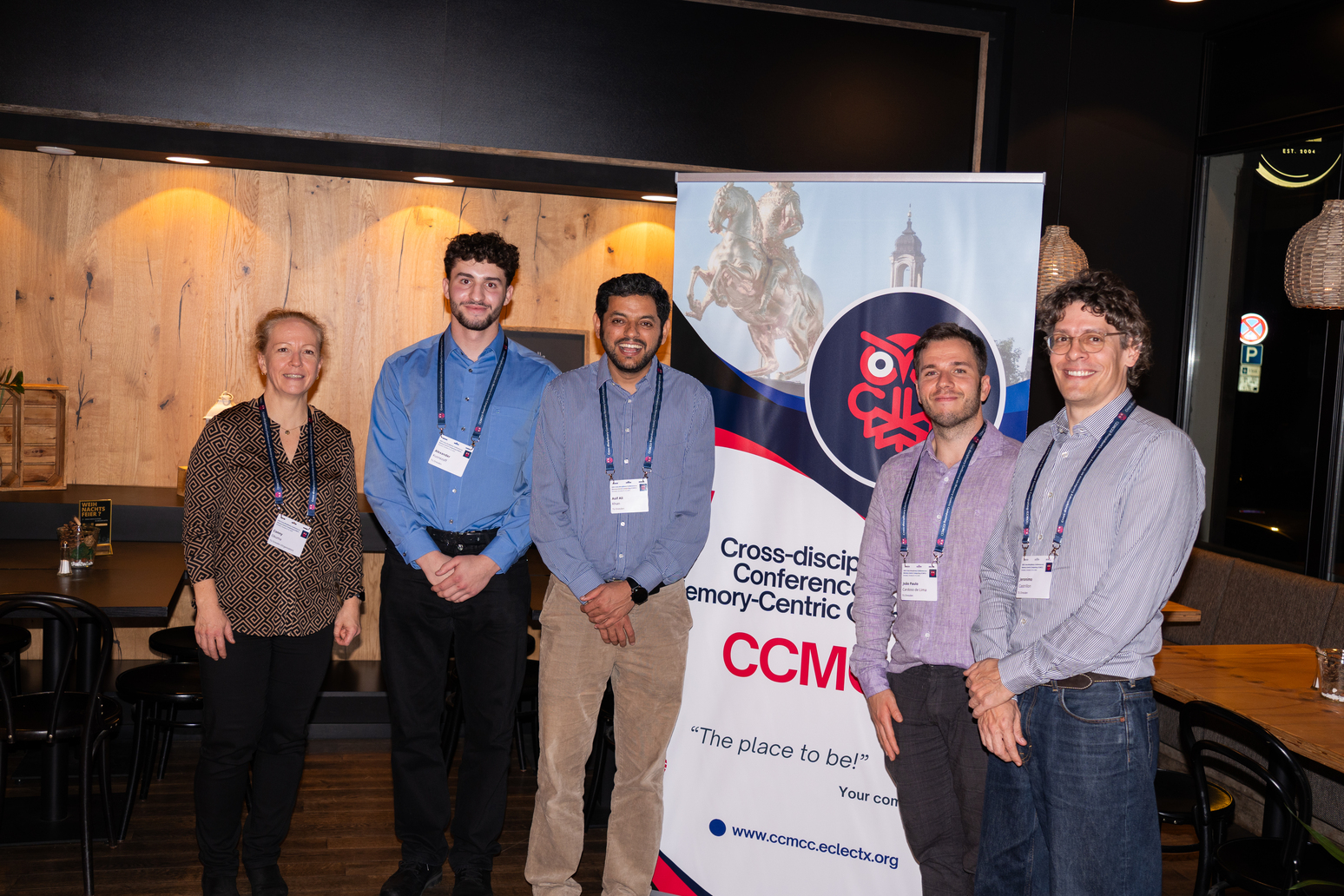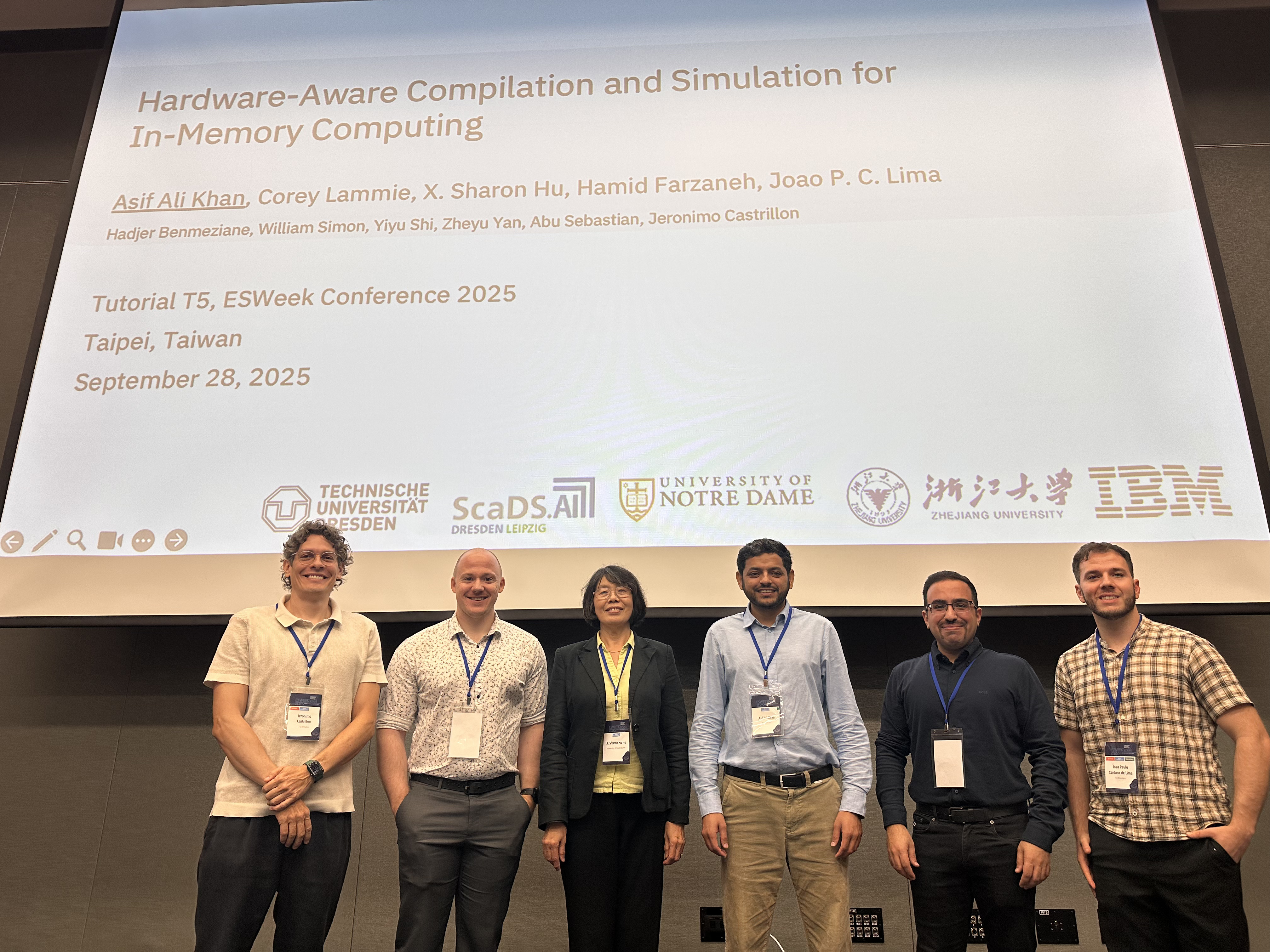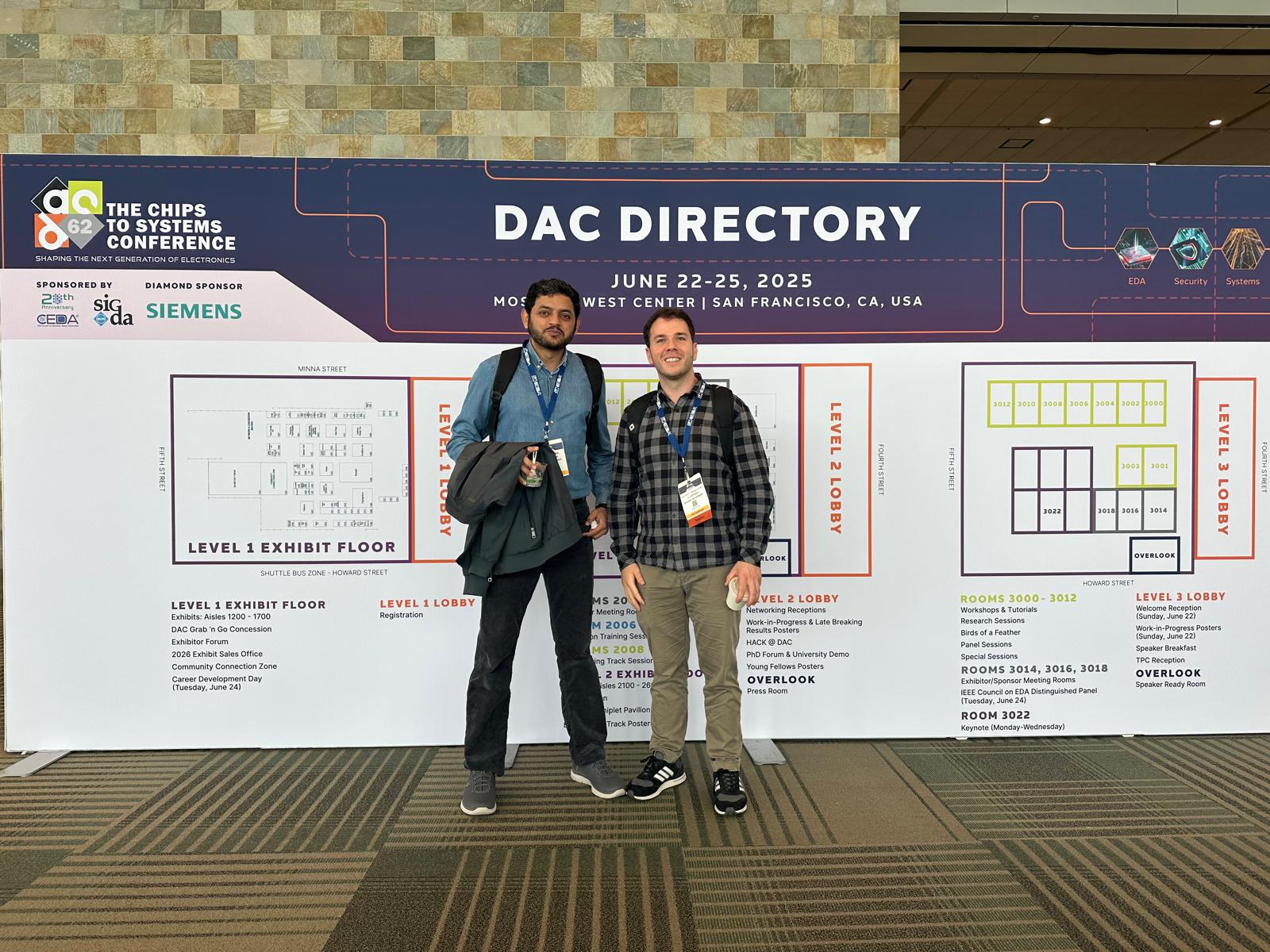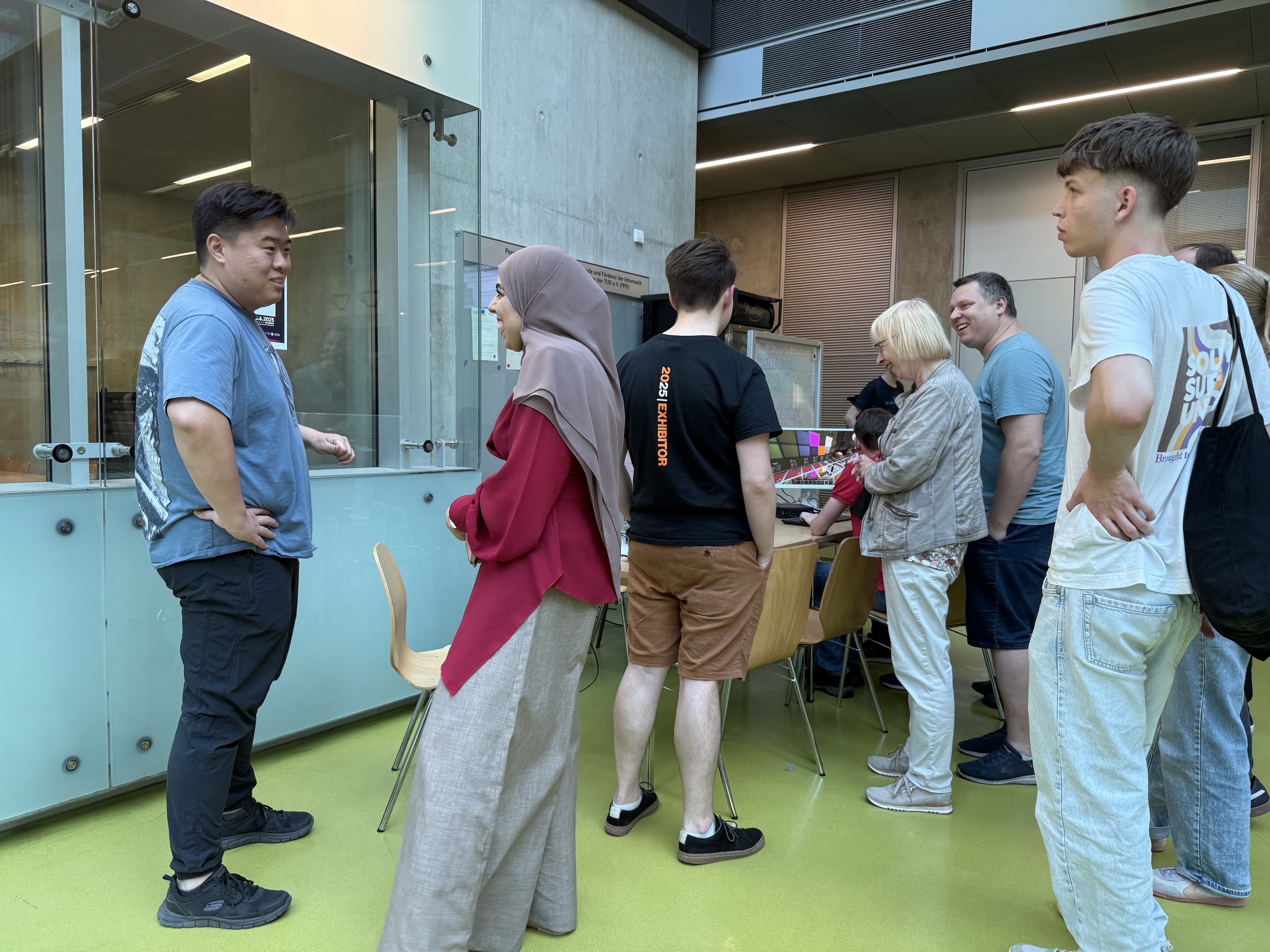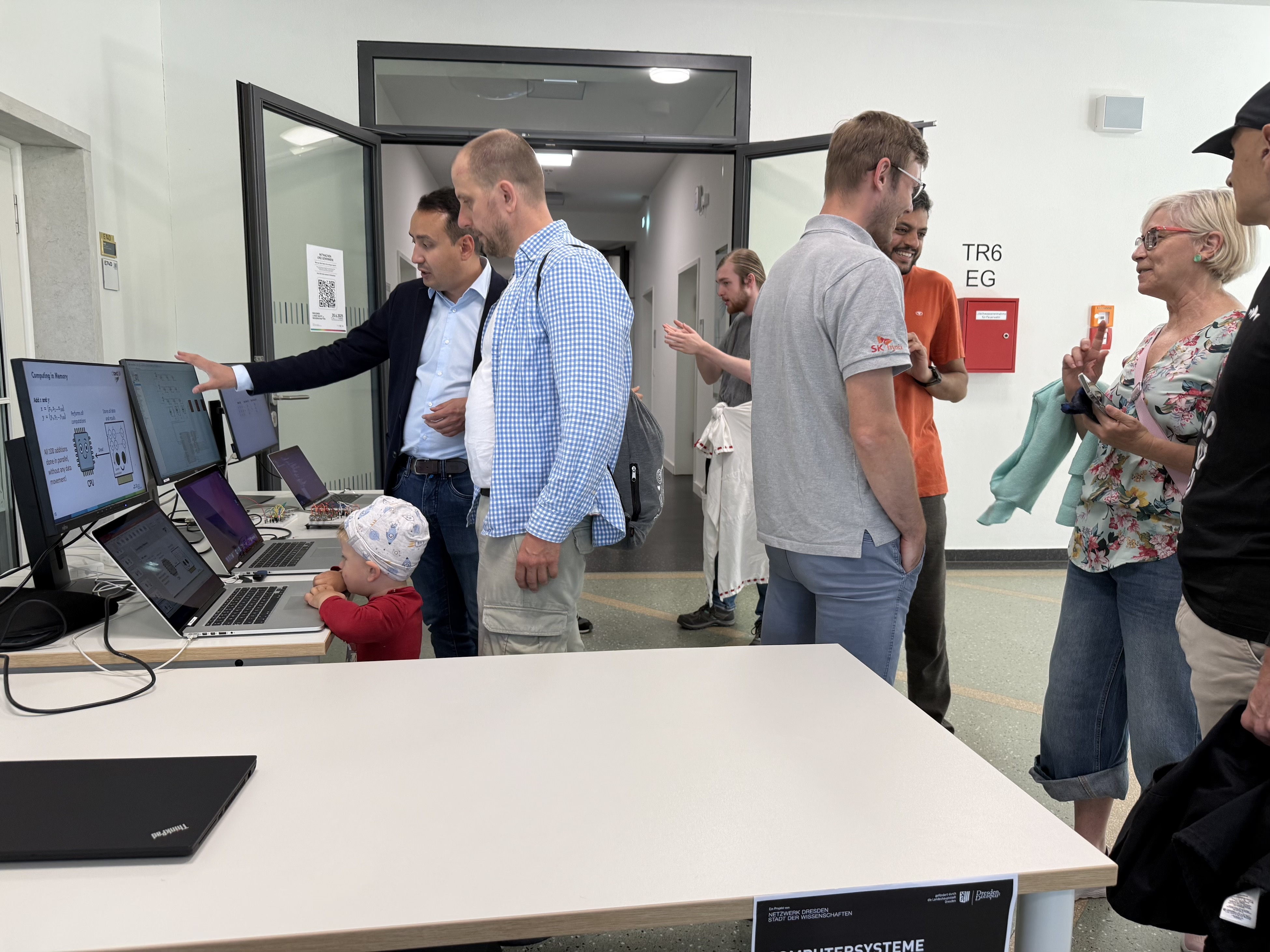Chair News
Success in the Marie Skłodowska-Curie Actions: TU Dresden secures seven EU Doctoral Networks
TU Dresden news from Dec 19, 2025
Published on
2 million EUR to simplify the programming of computer systems: TUD researcher Jerónimo Castrillón-Mazo receives ERC Consolidator Grant
Published on
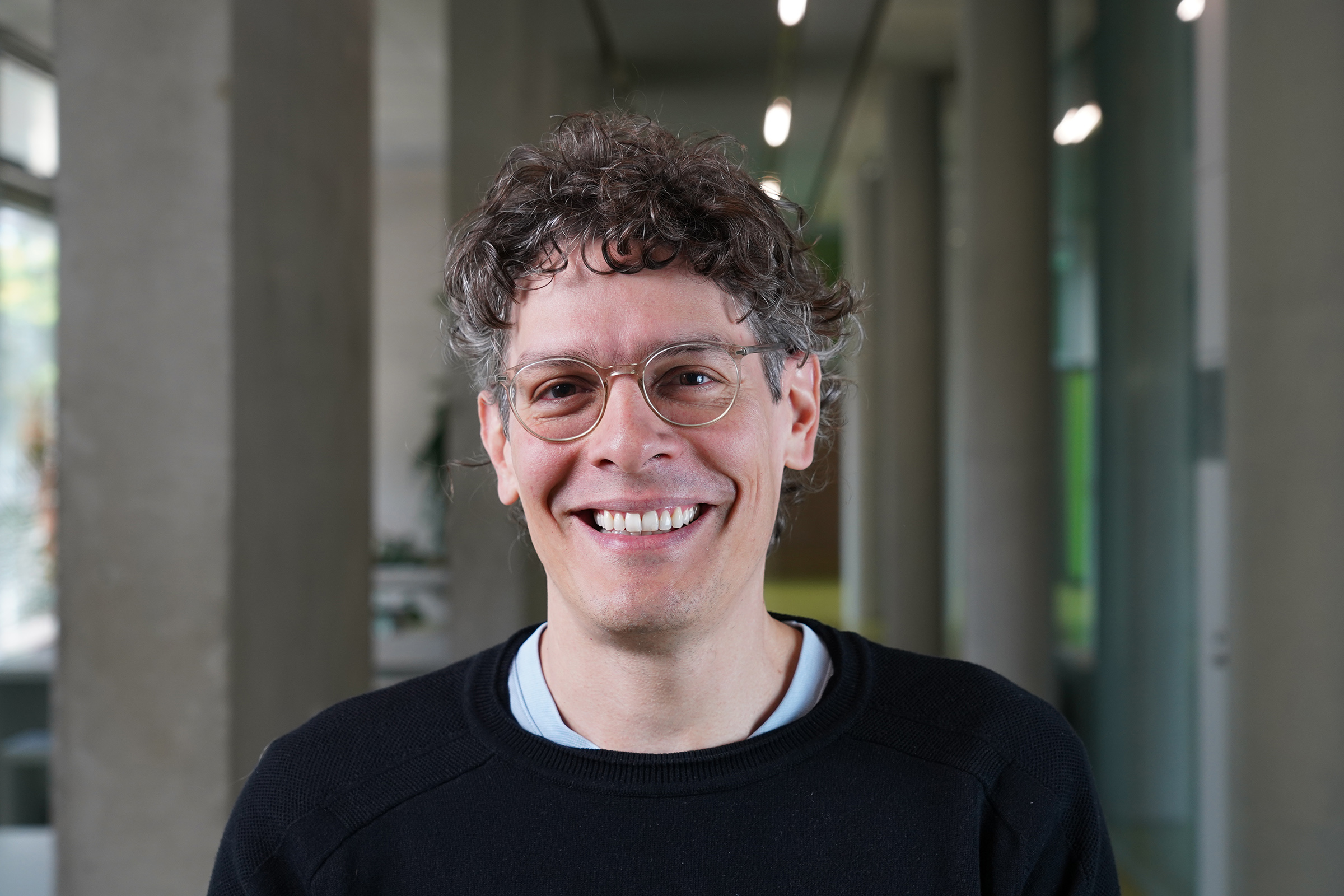
CC Chair at the DAC'25
Published on
CC Chair at LNdW 2025
Published on
Page 1 of 17





